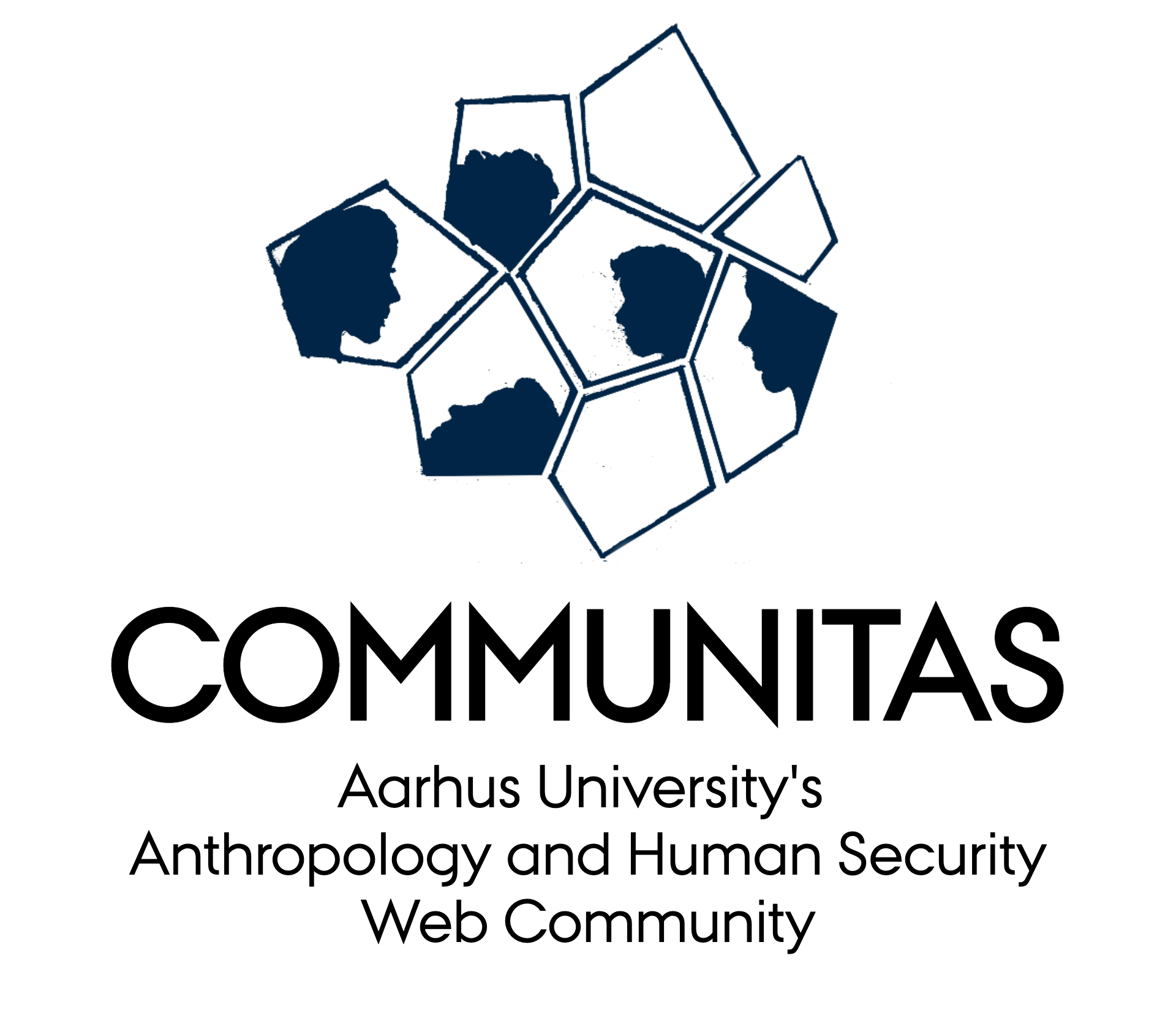Anne Mette Jørgensen, Kandidatspeciale, Afdeling for Etnografi og Socialantropologi, Aarhus Universitet, Marts 2002.
Abstract
This thesis is a study of the dialogical approaches of the French anthropologist and filmmaker, Jean Rouch (1917-). I take as a point of departure the debates of the 1980s on the poetics and politics of ethnographic representation. In these debates, some of the most outstanding critics (eg. James Clifford and Stephen Tyler) proposed that dialogical approaches may positively challenge the ethnographer‟s authority in the anthropological texts. However, only few practioners ofanthropology have picked up this challenge in any significant way. I argue that the methodology of Jean Rouch offers constructive and dialogical solutions to some of the problems of representation in both ethnographic texts and films. Furthermore, Rouch‟s epistemology suggests new prospects for cross-cultural understanding, benefitting both ethnographic writers and filmmakers and the subjects of anthropology. While Rouch is widely known as a pioneer in ethnographic filmmaking his potential contribution to anthropological theory-making remains unexamined. Here, I take up this challenge and offer a reading of the methodology and epistemology in Rouch‟s ethnographic works. I focus on the similarities and differences between anthropological texts and films; on the „voices‟ of the ethnographer and the informants in Rouch‟s „shared anthropology‟; and finally on the ethnographic reality of Jean Rouch.
First, I introduce the reader to the dialogical aspects in the ethnographies of the last century, and then to the anthropologist, the filmmaker and the person, Jean Rouch.
I then compare some examples of Rouch‟s films and writings from a representational, a methodological, and finally from an epistemological perspective. Inspired by Julie Kristeva‟s theory of intertextuality I examine the weaknesses and the forces of film and text, respectively, in their production and communication of different sorts of knowledge. Furthermore, I discuss the epistemological status and scientific validity of Rouch‟s ethnographic films and texts and their capacities in producing cross-cultural understandings.
The validity of Rouch‟s films is closely related to his dialogical approaches, and his reflexive style increases their reliability. I examine the diegetic construction in Rouch‟s films, locating the „voices‟ of the ethnographer and the informants in an intersubjective „shared anthropology‟. Rouch‟s feed-back method is a central component in his methodology, both as a catalyzer of ethnographic knowledge and as a means of sharing knowledge with the subjects of ethnography. After this, I compare Rouch‟s „shared anthropology‟ analytically to the „multi-sited ethnography‟ of George Marcus with particular attention to the complicity of the ethnographer in the anthropological proces.
The ethnographic reality of Jean Rouch is a shared project in which informants and ethnographer create new anthropological knowledge. In this sense anthropology constitutes a fiction, but I argue that due to its indexical codes of communication and its cultural contextuality the ethnographic fiction is not a simple addition to reality, but epistemologically to be conceived of as a significant part of reality. The intersubjectivity of the ethnographic encounter is at the heart of Jean Rouch‟s paths towards cross-cultural understanding, and he offers this dialogically produced knowledge to us, his anthropologist-colleagues in film and writing, just as he offers it to his anthropological subjects.
